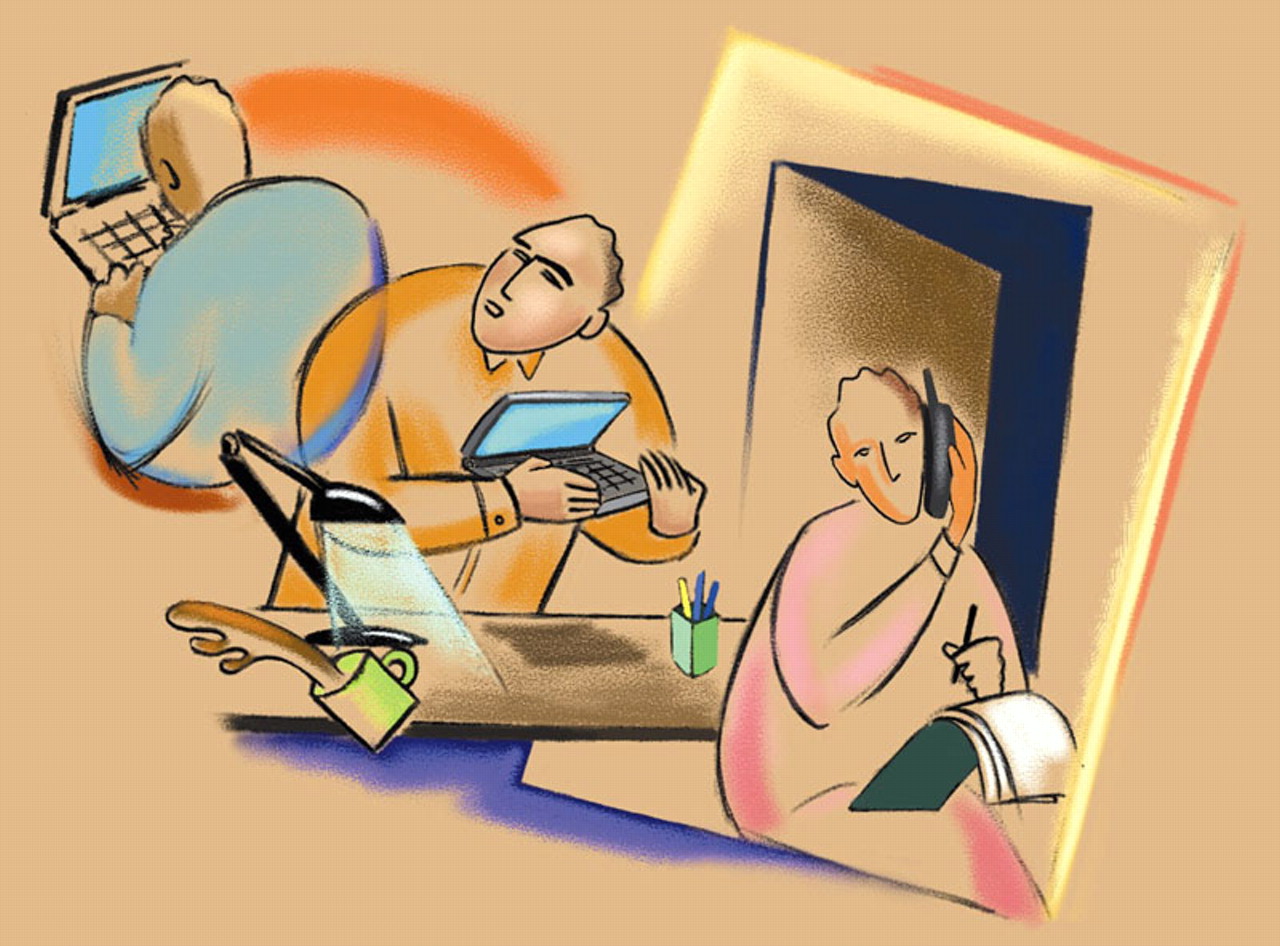These recent news stories should give pause to any psychiatrist using a laptop in his or her practice:
• Last September a laptop belonging to the CEO of Qualcomm Inc. disappeared when left unattended in a hotel meeting room for 15 minutes. It was reported that the computer contained confidential information about the company, a major player in wireless technology.
• In April 2000 the U.S. State Department reported that a laptop was missing from its headquarters. There was speculation that the laptop contained highly sensitive information regarding nuclear weapon proliferation.
• In March 2000 Britain’s internal security agency MI5 reported that a laptop had been stolen from one of its agents at the ticket window of a London train station. The laptop contained sensitive intelligence information.
• At a recent medical convention in Washington, D.C., a thief took a physician-presenter’s laptop from a podium in a meeting room. Along with the laptop went the doctor’s keynote speech and a list of his patients and details of their medical histories.
Laptop theft is a fact of modern life. According to an insurance industry source, 319,000 laptops were reported stolen in the United States in 1999. How many more were stolen but not reported is anyone’s guess.
You do NOT need to forswear the use of laptops in your practice. Their value is undeniable. Rather, the solution is (1) to keep your laptop secure, (2) to keep the data in it secure, and (3) to consider carefully what data you will store in it.
Keep Laptop on Short Leash
With regard to keeping your laptop safe, certain commonsense principles apply. Do not leave it unattended anywhere, ever, outside your home (although many laptops are stolen from homes). Laptops have been stolen from the back seats of cars, from tables at medical school libraries, from luggage racks on commuter trains, from the feet of passengers in airline terminals, and from under coats on chairs in airline clubs. In your office, keep it in a secure place and lock it up at the end of the day (the number of laptops stolen from offices is huge).
The computer industry has responded to the wave of laptop theft. There are many devices geared toward preventing laptop theft or aiding in their recovery when they are stolen. Even a recovered stolen laptop can cause psychiatrists great anxiety. They will forever wonder whether the data were compromised or altered. While it was in the thief’s hands, were the data copied to a diskette? Were the data transmitted via modem to another computer? Were they posted on a Web site?
Use a Password
The second level of protection is the data themselves. Access to sensitive data must be password-protected. Further, with the variety of encryption software on the market, any practitioner storing sensitive data on a laptop must have the data encrypted. With encryption, the ability of anyone other than the owner to copy or alter the data is greatly reduced. Encryption is functionally the same as putting a high-quality lock on your office door and then locking the file cabinet. It is not foolproof, but it demonstrates that you did as much as you could to protect the data. Of course, just as you provide keys to the office and file cabinets to selected colleagues or your assistants, you must provide encryption keys to those who may need to access the data in your absence.
Back Up Data
Another key to prudent laptop use is backing up the data. If your main source of patient data is the laptop, you have to have some way to restore your records quickly if the laptop is stolen or destroyed so that you can properly monitor medication compliance, follow-up appointments, referrals, and so forth.
Limit Your Data
Finally, it is wise to limit the data you keep on the laptop. For example, the standard patient record contains the patient’s name, address, Social Security number, health insurance information, employer’s name, family information, personal habits, medical history, DSM-IV diagnosis, prescription history, names of other physicians being seen by the patient, and notes about the treatment provided. Should all these be in a laptop?
Consider this: Even if you could, would you ever take all of your old-fashioned paper files with you to New Orleans for APA’s next annual meeting and leave them in your hotel room? Would you leave patient files in your car while you go to the dry cleaner, the grocery store, the pharmacy, and the kids’ soccer game? If you do, and you are one of the many psychiatrists who boast “having their whole practice” on their laptops, this clearly falls short of even the old-fashioned standard of care. ▪

